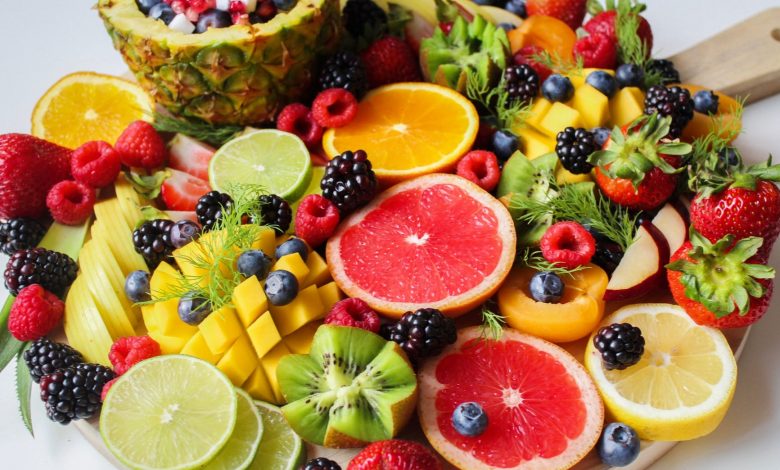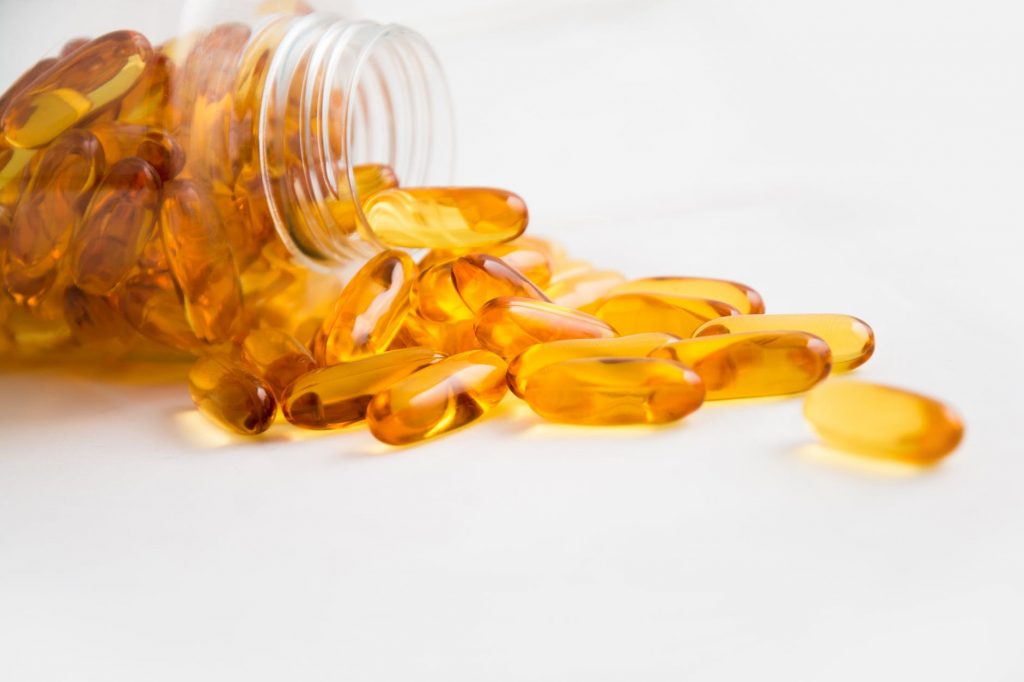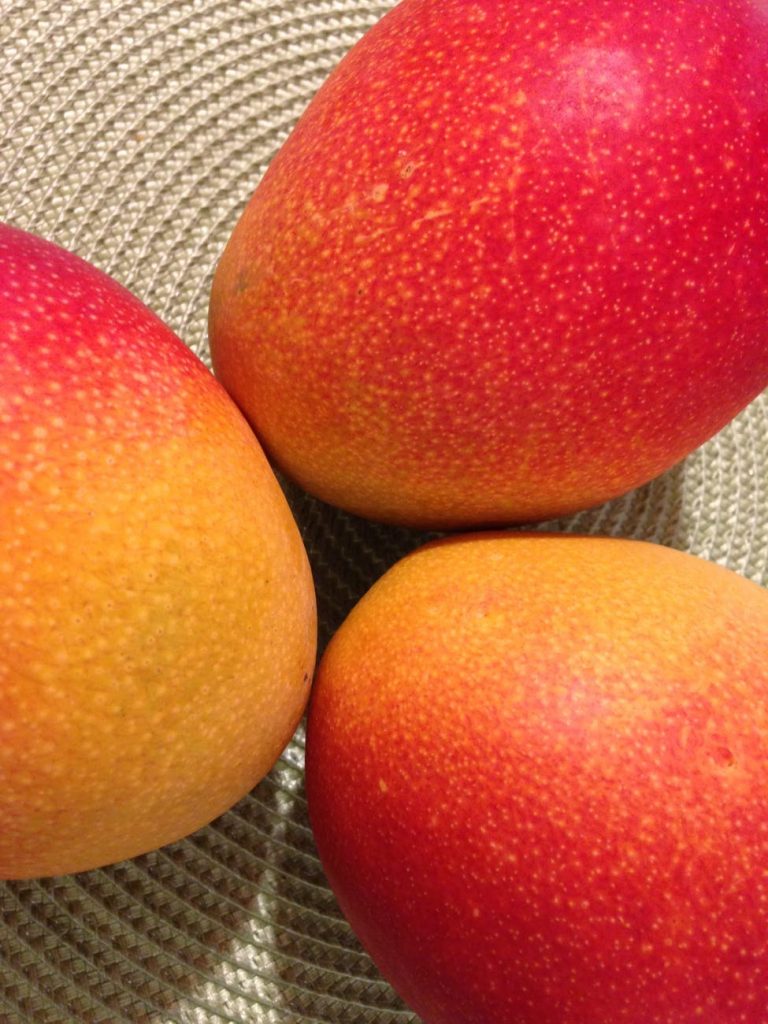
How to Consume Digestive Enzymes the Right Way, Without Supplements
Anywhere between 60 and 70 million Americans are affected by digestive ailments as per a report published on the NIH website; 21.7 hospitalizations in 2010 were required owing to one of these ailments. If you frequently have to battle issues like bloating, constipation, gas, or nausea after eating, you are in the company of a good proportion of the American population. While that doesn’t help you feel any better, this is the statistic that keeps makers of digestive enzyme supplements very happy indeed. In recent times, the number and variants of these products have grown exponentially, and according to surveys, this will expand into a $1.6 billion worth market by the year 2025. The number of Americans building reliance on these digestive enzyme supplements is quite mind boggling. Should you be one of them? Should you start taking digestive enzyme supplements to rid yourself of the oft recurring, lifestyle-curbing digestive problems?

The Problem with Supplements
The problem here arises from the fact that taking an enzyme that you do not need can give rise to the exact problems that you imagine you are addressing. The trouble with digestive enzymes is that there is no one-size-fits-all solution. What your body lacks (and thus, the digestive problems occur as a result of the deficiency) may not be very apparent to you on your own, and you cannot afford to make a wild guess based on symptoms either. If you end up taking an enzyme that you do not need, you are asking for trouble. Bloating, nausea, and diarrhea can all become your friends just because you are taking a digestive enzyme supplement that is superfluous for you.
Also, keep in mind that some supplements come with additions (like Kava, for example) that has been known to have side effects. If you are taking digestive enzymes for good health, this is counterproductive in a very alarming way. You may not even suspect that you are taking something that is impairing your health, and by the time you find out, you may have already damaged your delicate bodily functions.
Add to this the fact that some over the counter digestive enzyme supplements are known to react with common medications that are regularly taken for serious ailments. A good example is the digesting enzyme bromelain that reacts with blood thinning medications that are given to heart patients. Some others react with diabetes medications. In fact, some of these enzymes also react with antacids that you may be in the habit of popping rather frequently. In short, taking a digestive enzyme supplement can cause a lot of trouble for you – more harm than good, in fact.

The Role of Digestive Enzymes
If these supplements can cause harm, it is better to avoid them. But do you even need digestive enzymes at all? What role do they play exactly?
Digestive enzymes are produced by our body, and these proteins are used by the body to break down the food we eat into nutrients and energy. These enzymes, 22 in total, are found in your salivary glands, in the stomach, the pancreas, liver, and the small intestine, doing their job of transforming the food into nutrition and energy all the way through the complex digestive system. There are four major enzymes (of the 22) listed here, each carrying out a particular task:
- Amylase: Works on carbs and starch and converts it all into sugar that can be used for energy
- Lipase: Works on triglycerides and fats and converts them into essential fatty acids
- Lactase: Works on lactose and converts it into various other sugars
- Protease: Works on protein rich foods and converts it into amino acids and peptides
Normally, these useful proteins are produced in the glands present in your mouth, gall bladder, small intestine, stomach and pancreas. But if the glands are damaged in some way or they are not functioning well enough, the problem begins. When your body fails to produce enough of these digestive enzymes, the food you eat is not broken down efficiently enough, and even if you eat the most nutritious kind of food, you are not getting the best out of it at all. That’s not good. Worse still is the fact that the undigested food can find its way to your large intestine and give rise to common symptoms like gas or cramps there. If your body is lacking in these enzymes, you need to help it out a bit in some way. There are several common symptoms that may indicate an enzyme deficiency:
- Gas formation after your meals
- Severe bloating after meal times
- A feeling of fullness after eating just a few bites of food
- The feeling that you have tons of food sitting in your stomach all the time
- Chunks of undigested food in the stools
- Floating stools on a daily basis
Remember that these are just indicators of an enzyme deficiency. To find out if this is the problem, you need to get a stools test done that will confirm if you are lacking digestive enzymes, or if your body is unable to make enough of them. So if you are suffering from frequent digestive issues, a good thing to do would be to ask your physician if you should get this test done. If you have any underlying conditions (such as pancreatitis) or have had specific medical procedures (like gall bladder removal) you are at high risk of enzyme deficiency. In such cases, your physician may warn you well in advance that you may face these issues, and they may also tell you what to do about it.
If this is not the case and your body seems to be unable to produce the enzymes adequately, do take a look at your diet as well before you start thinking of anything else. For many people, just ridding the foods that are not agreeing with your digestive system may be an effective solution. For example, in general, dairy products, sugars and grains are seen to cause digestive problems most often. Cut down on these or eliminate them from your diet entirely for instant relief.
Replenishing Your Digestive Enzymes Without Supplements
However, if you are unable to identify specific foods that are causing you to bloat, feel nauseous, or suffer from stomach cramps and your overall digestion seems to be less than efficient, you may try supporting your body by helping out the enzyme production via the food you eat. The good news is that, typically, nature equips many food stuffs with the enzymes needed to digest them as well. But when we cook the food stuff, the heating destroys these essential proteins. Take a look at some food stuffs that nature has packed for us with the goodness of digestive enzymes:

Pineapples
These tropical fruits top the list when it comes to digestive enzymes with a good content of bromelain, which helps break down and absorb the body’s building block protein. Raw pineapple is the best way to go if you want to get bromelain into your system because heating destroys the enzyme. Add pineapple to smoothies and blend it, or make a juice and down it as a refreshing accompaniment to your breakfast. Pineapple chunks are a fabulous addition to salads as well. You can even just snack on pineapple chunks when you are in between meals and feeling like having a bite of something.
Banana
The humble banana is also a good source of both amylase and maltase. While amylase works on complex carbs, breaking it down and making it easy to digest, maltase breaks down the sugar in grains and vegetables. The banana is also one of the most versatile foods you will ever come across – you can eat it just as it is, add it to a smoothie, or top a fruit salad with it. Bananas have an antacid effect that safeguards your stomach lining from ulcers.
Mango
While this fruit might be too exotic for you to find easily, it is worth the effort invested in locating a good source. Apart from the awesome taste, mangoes also have amylase, which helps break carbs into maltose and glucose. Ripe mangoes have the most enzymes, while raw ones have fewer, so go for ripe, sunshine yellow mangoes and get your dose of digestive enzymes in a tasty package.
Avocado
With lipase in it, avocado is a great deal for you when you need to digest fat. Since avocados are also filled with plenty of other essential nutrients, you can add it to your diet on a regular basis. Smoothies, avocado on toast, and avocado cubes are all ways to enjoy it and get a healthy dose of lipase in your system.
Papaya
Another tropical fruit, the papaya has protease and papain. Both papain and protease work on protein and break it down into peptides and amino acids. Raw papaya works best if you are trying to get enzymes into your system. Papaya milk shakes and smoothies taste yummy, but if you prefer the fruit in cube form, just add it to a fruit bowl and have at it. Note that the digestive enzyme action of papaya helps break down tough meat into the essential nutrients that you can derive from this food stuff, by acting on the peptide bonds that bind protein fibers together.
Kiwi
Quite often recommended to those with digestive troubles, kiwi has good enzyme content. The most significant one in this fruit is actinidain or actinidin, which helps digest proteins efficiently. That is not all though – kiwi also has other digestive enzymes as well. Actinidain or actinidin mimics the functioning of pepsin, which is a digestive enzyme produced in the stomach. Apart from this, kiwi also helps populate your gut with good bacteria, thus promoting overall good health and better digestion. A good source of fiber, kiwi helps if you have constipation as well and ensures good bowel movement.

Apricots
The invertase in apricots helps break down sugars and transforms it into energy. Apricots are a recommended food stuff for gastrointestinal troubles including acid reflux, the ever-so-common indigestion, and constipation as well. Since it is also high in fiber, apricots help in maintaining smooth bowel movements and keep your colon in good condition. The vitamin C content is just a good bonus that keeps your immunity high. Add apricots to your smoothies or salads to get a refreshing taste and an exotic flavor.
Kefir
A fermented milk beverage that is made by adding kefir to milk, this is quite a craze among those who follow natural health practices. Kefir grains are made up of yeast culture, acetic acid bacteria, and lactic acid bacteria, which explains why this is so good for gut health. Kefir is chock full of digestive enzymes, and it contains lipase, protease, and lactase. This is one food stuff that should be on your grocery list if you tend to bloat after consuming dairy. Kefir can be a good addition to your morning bowl of oatmeal, or you can make a smoothie with it and fruits of your choice.
Miso
Another fermented food stuff, this one has soy bean as its base. Miso is loaded with digestive enzymes, such as lipase, protease, amylase, and lactase. Together, they all work very efficiently to break down foods and transform it into essential nutrients and energy that your body can use. Apart from this, miso also contains probiotics that arise from the fermentation process. These help maintain excellent gut health, which aids in digestion quite significantly. Whether you are suffering from common problems like bloating or gas or more serious ones like irritable bowel syndrome (IBS), fermented foods like miso can help tackle the problem quickly and effectively.
Ginger
The enzyme zingibain helps break down protein in your food. But that is not all that ginger is good for. It also promotes the production of digestive enzymes overall in your body. You can add ginger to your food in many ways and add a zesty flavor to juices, salads, curries or even your tea. Lemon tea with a dash of ginger is a well known digestive drink that can rid you of bloating and a general feeling of fullness. Ginger also aids digestion in general by helping move the food through the stomach by increasing the contractions.
Sauerkraut
The sour taste of this fermented cabbage might be an acquired taste, but it will do you a world of good to acquire it quick. The fermentation process ensures that this food stuff is loaded with digestive enzymes that can help you battle bloating, gas, indigestion, and many other ailments. Sauerkraut also has probiotics, so that makes it doubly good for you. Avoid pickled sauerkraut where the enzymes may be missing and choose the fermented variant if you are buying it from your nearby store.
Raw Honey
The digestive enzymes in honey are proteases, diastases, and invertases. They all help break down the food, with proteases working on proteins, diastases on starch and invertase on sugar. Add honey to your salad, drizzle it on toast, or just use it as a sweetener in your smoothies. Processed honey is often heated, and this destroys the enzymes, so opt for raw honey instead to get the full benefit of this natural food stuff’s digestive goodness.

Other Dietary Habits to Follow
Apart from consuming foods that have the right digestive enzymes, you can also follow a few simple dietary habits to address your enzyme deficiency.
With certain food groups like seeds or grains or legumes, you can ensure they do not cause digestive issues by simply soaking them and letting them sprout. Many of these foods are rich sources of digestive enzymes, but they also have enzyme inhibitors that block the functioning of the enzyme. By soaking the food stuff, you nullify the enzyme inhibitor effect but get the full advantage of the enzyme itself. Soaked nuts, grains, and seeds have a wealth of goodness that you need not forgo just because they cause digestive issues for you.
Chew well before you swallow your food. As you already know, digestive enzymes are produced in the mouth itself, at the very first stage of the complex digestive process. When you chew hard and long, the production of these enzymes gets an impetus, and you have already set the stage for efficient digestion and nutrient absorption.
Opt for raw dairy instead of pasteurized dairy products. Raw dairy comes with a host of enzymes that are destroyed when the dairy product undergoes the pasteurization and homogenization process. In the raw form, you may be able to tolerate them much better, and you also get the advantage of the natural enzymes they contain.
Consume foods fresh, without freezing them for too long or heating too much. Fresh foods retain the maximum digestive enzymes, so eating fresh produce, straight from the farmer’s market, may be the most healthy thing to do for your digestive system.



